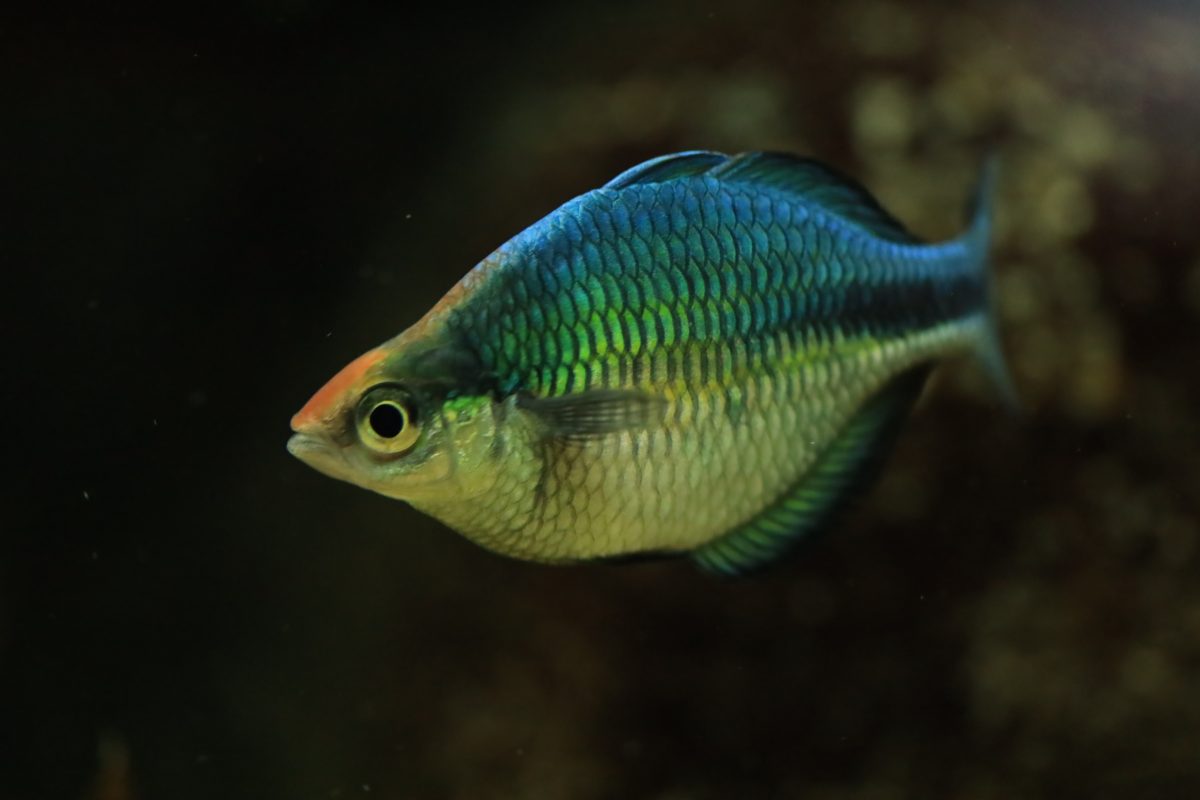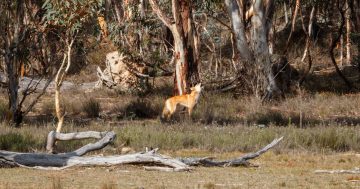
A group of researchers from UNSW Canberra recently studied how fish scales could inspire new protective materials for humans. Photo: Richard Burlton/Unsplash.
When you think of protective materials, nature may not be the first thing that comes to mind – but a new study suggests we should be looking towards it for inspiration.
A team of UNSW Canberra researchers, led by Professor Paul Hazell from the School of Engineering and Technology, recently studied how synthetic fish scales bent under pressure as part of an experiment into ways to limit the effects of a collision.
“We created these beams, which were designed with a fish scale-like topping,” he said.
“Some of the scales were straight and some were curved.
“We were looking at investigating the effect of this curvature of the fish scale on the mechanical response of the beam.”
In their experiments, the team found that curved scales were stiffer than straight fish scales.
“What we’ve been trying to do is us understand the ways in which fish scales or fish scale–kind of concepts can be used in an engineering structure that can be used to limit the effects of a collision,” he said.
The beams were constructed using a 3D printer.
“With the advances in 3D printers these days, we’re able to print a variety of new and interesting structures,” he said.
“We can actually print what we find in nature, effectively, and see how that responds to mechanical loads.”
It is the latest study from the group, which also looks at how structures in nature can be used by humans.
“We study the way materials and structures behave under dynamic loading conditions,” Professor Hazell said.
“As part of that process, we have a theme that runs in our research group around biomimicry.
“Biomimicry is where we learn lessons from nature, from God’s wonderful creation, and look at ways in which we can produce better structures that we can then apply to all sorts of applications.”
In this study, the researchers were looking at the potential uses of fish scale–style elements in protective gear, such as body armour and helmets, in part due to their flexibility, Professor Hazell said.
“We’re looking at developing structures that can be deployed in protective scenarios in the future,” he said.
“We’re trying to develop protective structures – like armour – that can provide protection to the human body.
“For example, if you’ve got a low velocity incident where somebody comes at you with a knife or a pickaxe or something like that, we want to be able to eventually design an Iron Man suit that would provide a certain degree of protection.”
Professor Hazell said the researchers’ work also pointed to larger questions around potential use of fish scale-inspired materials.
“Something else we can look at is how these structures have been damaged when they’re hit, whether or not the presence of the fish scale has reduced the amount of penetration.”
As for fish scale armour, Professor Hazell said that won’t be for sale just yet.
“The next step is doing some low velocity impact work, and this goes in conjunction with simulation studies for information that we can use when we start to look at computational models.
“It would have to be pretty thick and there are some technical challenges there, I have to say,” he said.
“But protection or a flexible protective garment is where we eventually want to get to.”
Professor Hazell said research in the wider field of biomimicry was ongoing.
“The fish scale project is just one of the projects that we’ve got,” he said.
“We’ve also got an interest in things like corn stalks, and we’ve been looking at horse shoes as well.”
The paper was published in the Composites Part A: Applied Science and Manufacturing journal and is available online through open access.





















